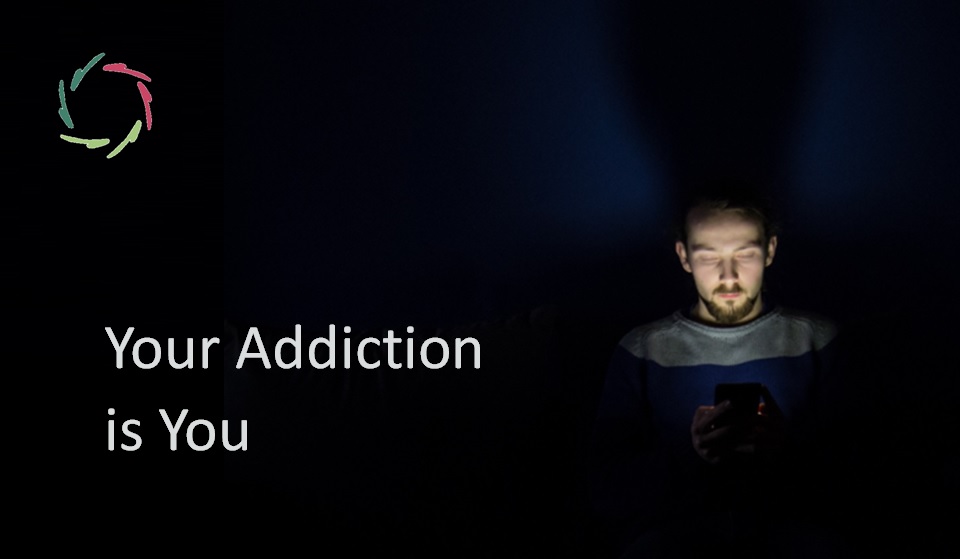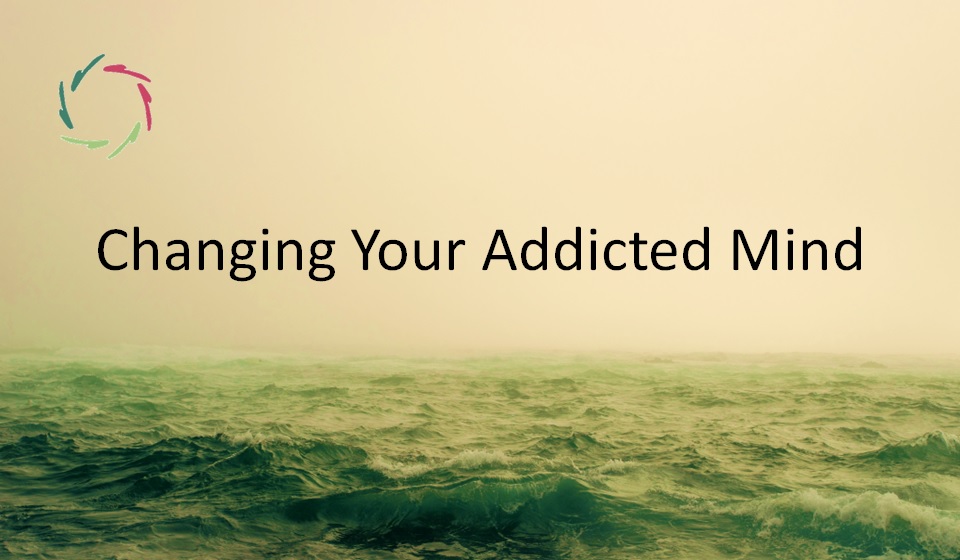Your Addiction is You

Your addiction is not a strangely alien disease that has invaded you and that you can cut out without losing a substantial part of yourself. Understandably, this cutting may feel like damaging yourself even more. There is no need to.
Verdict: not guilty
Nobody is ever guilty of a present addiction. Moreover, guilt can make one even more addicted.
One may consciously have come dangerously close to addiction in the past, then fallen into it. Still, the present addiction is not ‘under control’ ― therefore, no guilt.
Nevertheless, there is an ever-present responsibility to try to find what may relieve the addiction. Whether taken or not, this responsibility doesn’t make one a bad person.
Why your addiction is you.
It’s not only essential to know but also to feel and realize this possibly challenging insight deep inside. Why? Because it’s true.
Cutting out some of your flesh is painful. Cutting out some of your mind is also painful. Moreover, it may leave a scar that never heals. Therefore, it’s better not to do this. It may be extremely tough and damage you forever. No wonder your mind can be very opposing. This may then be wrongfully interpreted as the strength of the addiction.
Being auto-aggressive in trying to cut yourself may be the really harsh thing.
Thus, it’s better to be tolerant.
Not ‘weakly tolerant,’ of course, but ‘strongly tolerant’ ― again and again. You can tolerate yourself as the addicted one with the urge to transcend the addiction. This is: to transcend yourself, which may take a lot of work.
And you may need for this a lot of support.
In asking for support, again, don’t be weak.
Also, there is no need to feel weak in asking for support. Weak or strong, it can be either one to a large degree. Which of both it turns out to be may depend on how you ‘see the addiction as you’ and on your sense of responsibility that comes together with that.
It’s weak to ask for support of which you know that it will strengthen your cravings ― and it’s weak to give it to you for the sake of some warm feeling of empathy. Therefore, I wouldn’t give it to you even if you asked.
It’s strong to ask for supporting who you are for the sake of becoming stronger as who you are.
This ‘who you are’ encompasses the addiction.
Therefore, transcending yourself is what you need to do ― in the process of inner mental growth. You can see addiction as a s constellation of mental-neuronal patterns in your mind/brain. The needed growth lies in disentangling them, thereby opening yourself as a total person.
This may be the most frightening thing you ever did. Nevertheless, the addiction is eventually your soul crying out for wanting this.
That’s a very positive message, in principle.
The addiction may still kill you, but it’s not the shouting part that may ever do so. It’s the not-listening part.
Deep listening to yourself may show you the (possibly long and winding) path toward integrating the addiction. Like salt in water, it doesn’t go away but changes dramatically. You don’t cut it out. It becomes your salty water ― which may even turn out to taste well.
Don’t underestimate the challenge.
Do see it as an opportunity.
Do put in the growth – the changing your addicted mind – a lot of effort and ask for positive support in any way possible!


